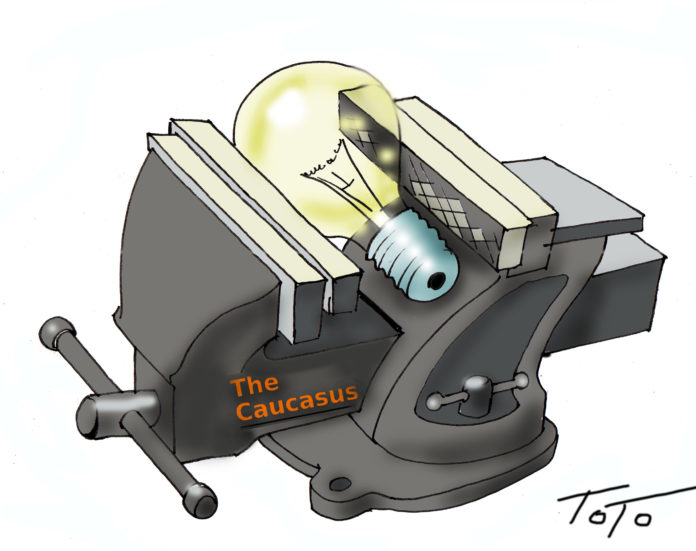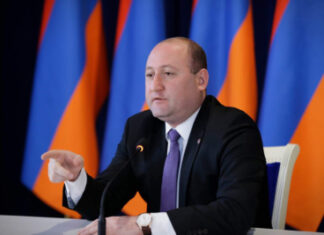As US battleships are deployed closer to the Persian Gulf to escalate tensions with Iran, the Caucasus region has already become a powder keg because of regional rivalry as well as ancient scores yet unsettled.
The Trump administration is pursuing a dual goal in pressuring Iran, Israel’s archenemy: to offer additional favors to his friend, Benjamin Netanyahu (in addition to the gift of Golan Heights) and second to punish Iran for its strategic partnership with Russia.
Within the context of that global development, the Caucasus is dominated by unrest, political ploys and a real potential for a conflagration.
Turkey is a major player in all these developments, both in the Caucasus as well as the greater region/ It is a partner with Russia and Iran in the Syrian battlefield It is, at the same time, an antagonist of Iran when it comes to the latter’s friendship with Armenia and its tacit war with Azerbaijan.
As the noose is tightened around Russia by the US and Europe, the Kremlin has found temporary relief in its budding friendship with Turkey. Turkey, technically a North Atlantic Treaty Organization (NATO) member, is undermining US plans to pressure Russia and Iran by buying arms from Russia as well as oil from Iran.
Where does Armenia stand in this ever-changing scenario? Armenia’s major problem is with Azerbaijan and Turkey, both wooed by and placated by the West and Russia, and each motivated by their own selfish interests.










